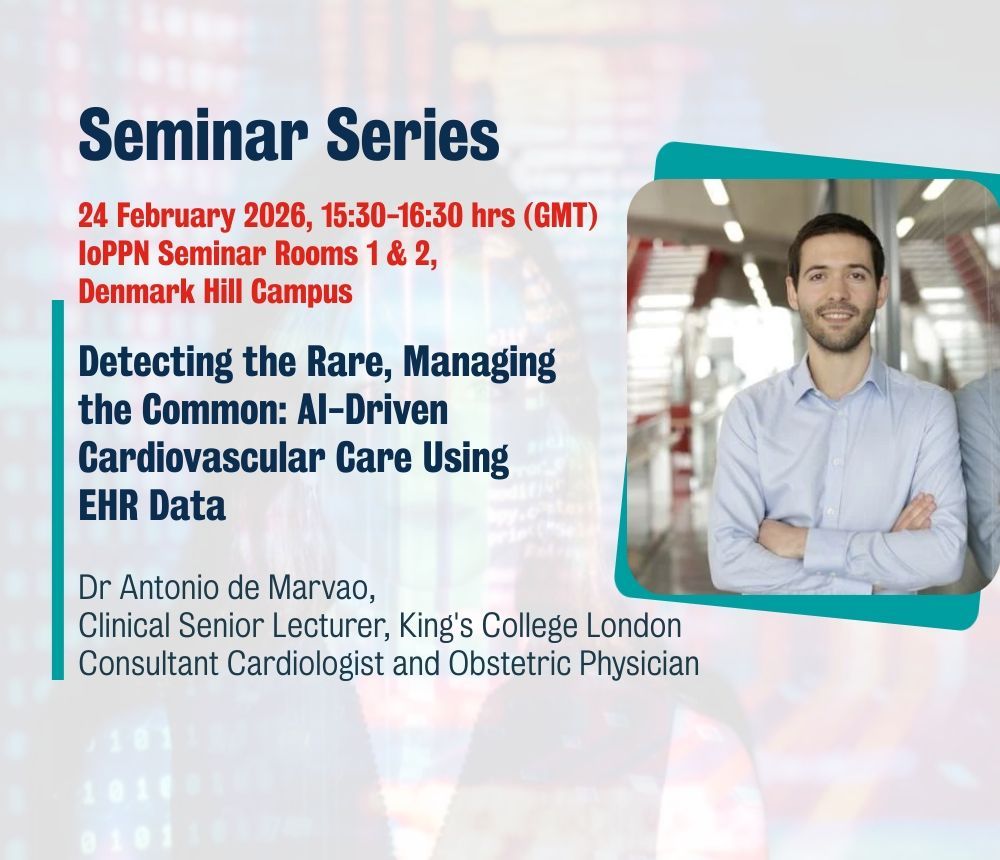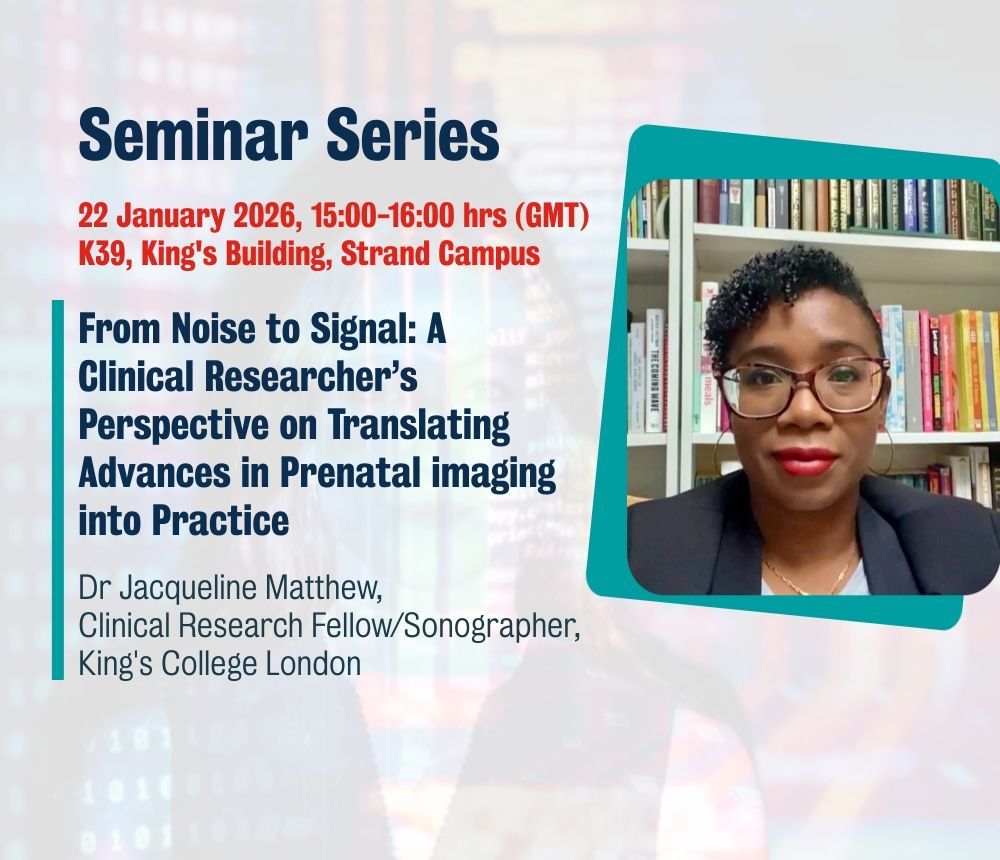First Keynote Speaker Announced
We are delighted to announce our first keynote speaker for the EPSRC DRIVE-Health CDT's summer symposium next month.
Dr Dina Demner-Fushman joins us from the National Library of Medicine (NLM) to talk about "Getting AI generated results into decision support workflows: research, clinical and policy perspectives."
Dina will share insights drawn from her experience utilising a Clinical Decision Support (CDS) tab within the National Institutes of Health's EHR system, and present recent research on the application of LLMs for predicting patient outcomes and generating progress notes.
Dina Demner-Fushman, MD, PhD is an Investigator at the National Library of Medicine, NIH, HHS. Dr. Demner-Fushman leads research in the areas of Text and Image Processing for Clinical Decision Support and Education. The outgrowths of these projects are the evidence-based decision support system used at the NIH Clinical Center from 2009 to 2020, an image retrieval engine, Open-i, launched in 2012, and an automatic question answering service CHiQA launched in 2018. Dr. Demner-Fushman earned her doctor of medicine degree from Kazan State Medical Institute in 1980, and clinical research Doctorate (PhD) in Medical Science degree from Moscow Medical and Stomatological Institute in 1989. She earned her MS and PhD in Computer Science from the University of Maryland, College Park in 2003 and 2006, respectively. She earned her BA in Computer Science from Hunter College, CUNY in 2000. She authored more than 300 articles and book chapters in the fields of information retrieval, natural language processing, and biomedical and clinical informatics.
Dr. Demner-Fushman is a Fellow of the American College of Medical Informatics (ACMI), an Associate Editor of the Journal of the American Medical Informatics Association, a member of Nature’s Scientific Data Editorial Board, chair of AMIA NLP SIG (2020-2023), and a founding member of the Association for Computational Linguistics (ACL) Special Interest Group on biomedical natural language processing. As the secretary and now chair of this group, she has been an essential organizer of the yearly ACL BioNLP Workshop since 2007.
Dr. Demner-Fushman has received sixteen staff recognition and special act NLM awards since 2002. She is a recipient of the 2012, 2022, and 2023 NIH Award of Merit, a 2013 NLM Regents Award for Scholarship or Technical Achievement and a 2014 NIH Office of the Director Honor Award.
Registration is required, please email drivecdt@kcl.ac.uk for further event details.
Our annual Symposium is a one-day face-to-face event for all DRIVE-Health students, academic supervisors, stakeholders and partners. Our aim is to discuss translating scientific and technological innovations in AI and data science, from research to clinical practice and commercial enterprise.
The symposium will feature keynote talks, panel discussions, and poster presentations showcasing cutting-edge research and successful case studies. We will also celebrate our coming together with networking drinks at the end of the symposium.
The EPSRC DRIVE-Health Centre for Doctoral Training is training the next generation of PhD health data scientists to become the innovation leaders of tomorrow. Our students work within an active NHS environment, and develop new models of data-driven care, whilst leveraging significant recent investment and infrastructure in Health Data Research within the UK.
By registering for this event, you give consent to provide your name, e-mail address and registration information with King's College London for the purposes of managing the EPSRC DRIVE-Health CDT's Summer Symposium. Your personal data will be managed by those organisations and by Eventbrite according to their published privacy policies.
Share






